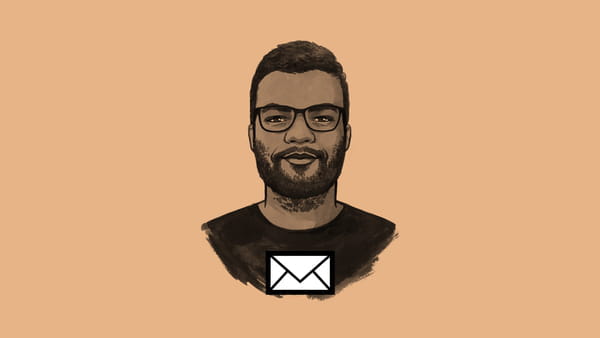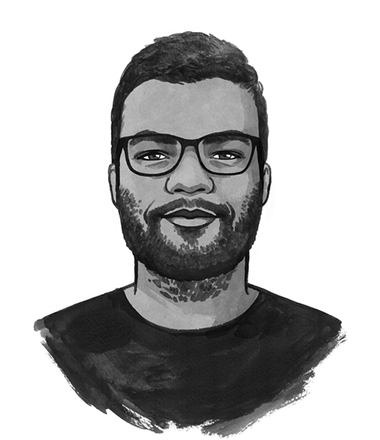Hi,
In my line of work, sometimes I have to read something twice that’s hard enough to read just once. Late night last Thursday, I discovered one such article that I had to read again today before writing this newsletter, just to make sure I hadn’t dreamt up the whole thing. And as with the first time, it left me feeling a combination of horror, exasperation, and wide-eyed amazement.
To be sure, the writer of the article has done a blameless job of handling the topic. But the topic itself is so flabbergasting ... no, incredible ... no, scandalous, that I am beside myself.
Apparently, some researchers are now asking whether loneliness is a condition that can be cured with a pill (or a nasal spray).
I am not going to go into the specifics of the "science" and the "research" because I lack the capacity to fully understand it, and honestly, I don’t want to put myself through it all over again. But I do recommend you read the wonderfully reported story, if for no other reason than to understand the true meaning of the saying, "If all you have is a hammer, everything looks like a nail."
The hammer in modern (read: western) psychiatry is pills. And the nail is the idea that everything you are capable of feeling is potentially an illness that could be fixed with a dose of, in this case, allopregnanolone or oxytocin.
Pills as a threat to social justice
When I first read the article, I tweeted my disbelief at it and wondered aloud if the next big drug would seek to liberate us from the ultimate fear: the fear of death.
One of the people who responded to me was Peter Kinderman, professor of clinical psychology at the University of Liverpool and the author of the book A Manifesto for Mental Health: Why We Need a Revolution in Mental Health Care.
"Don’t ask!" he said, and shared a link to another article that talks about yet another group of researchers investigating if psychedelic drugs could "help relieve one of humanity’s cruelest agonies: the angst that stems from facing the inevitability of death".
"We’re all going to die," Kinderman added. "Many people (rather illogically) find that a distressing idea. The marketing potential is huge!"
Chafing at the tendency to frame loneliness or the fear of dying as a "medical" issue doesn’t mean ignoring the fact that they are real challenges, or that medicines don’t have a place in improving our mental health. Far from it. As Abby Carney points out in the loneliness article, the problem with presenting these feelings and emotions as unavoidable, universal experiences that can be somehow attributed to your neurobiology is that it allows society at large to wash its hands of any responsibility.
As if loneliness isn’t the result of chronic fragmentation of communities and families, often owing to economic pressures.
Or as if all humans on this planet feel the threat of dying equally, and our class, caste or gender have nothing to do with how vulnerable we are to that threat.
Hear it from my colleague OluTimehin Adegbeye, who’s our Othering correspondent: "Everybody dies, but not all deaths happen because our bodies have grown too worn to host consciousness ... [T]he way people die is often informed by the same forces that shape their lived realities" – forces like racism, sexism or economic inequality.
Can we concoct a pill to end those problems instead?
Would you be happy to pop a pill that prevents you from feeling lonely, or to glide smoothly into the afterlife? Write to me.
A depression song from a reader
In my last newsletter, I had asked why depression literature tends to be dominated by stories of people who’ve been institutionalised or have a heightened tendency to harm themselves. Why don’t we hear the voices of people with high-functioning depression?
Evy, one of my readers, replied to me with a song they’d written during a depressive episode. I loved how relatable the lyrics were, especially this bit:
I know it’s called depression/I’ve looked it in the face
It drained all of my power/ I learned a lot those days
It used to run me down/Now it’s me who sets the pace
Deceive is all it ever did/Now I’m finding my own way
Do give Evy’s song a listen here.
Until next week.
 Would you like this newsletter sent straight to your inbox?
Subscribe to my weekly newsletter where I dismantle myths around Sanity, discuss the best ideas from our members, and share updates on my journalism.
Would you like this newsletter sent straight to your inbox?
Subscribe to my weekly newsletter where I dismantle myths around Sanity, discuss the best ideas from our members, and share updates on my journalism.

